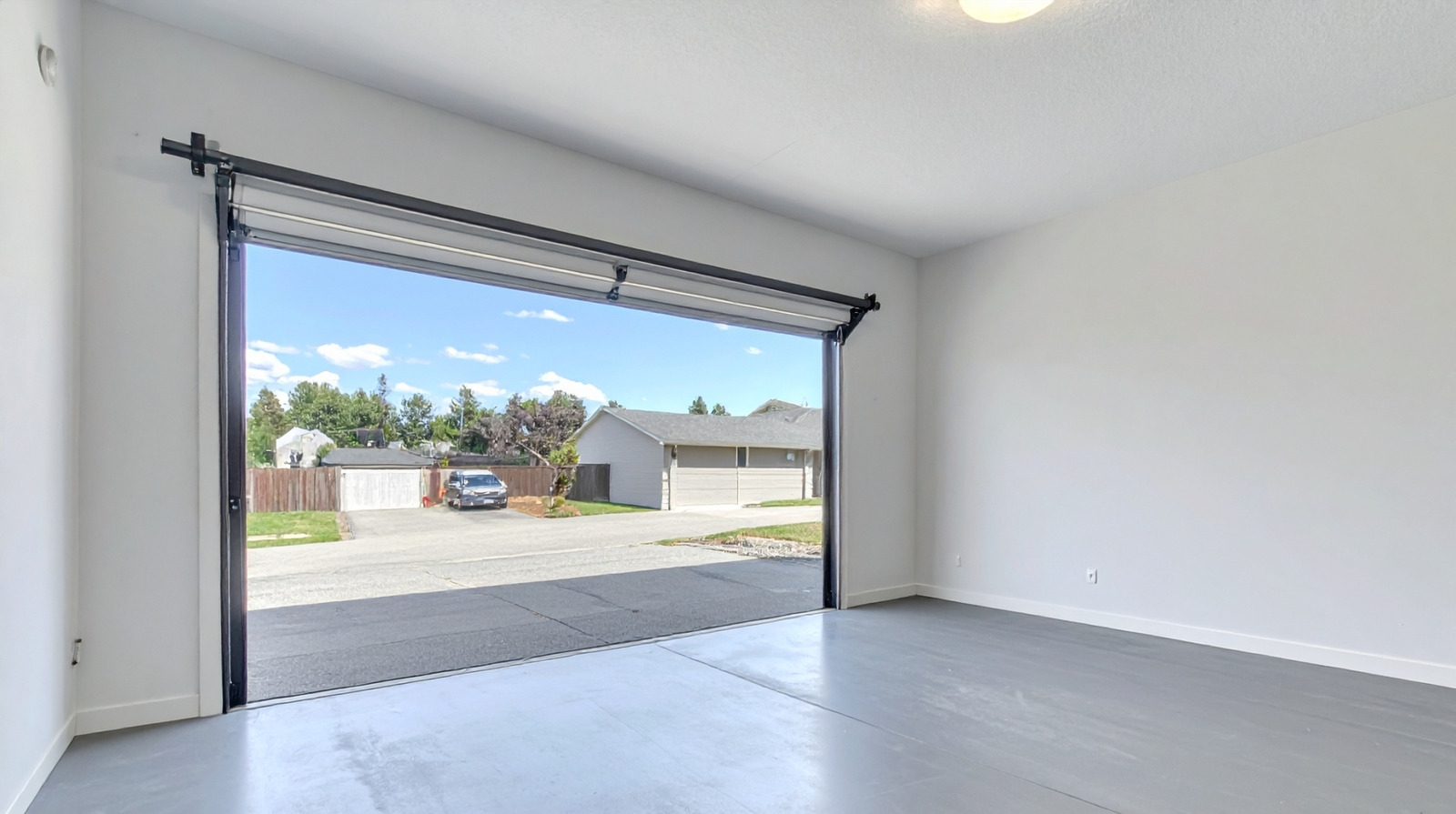- Voices
- The Independent View
Editorial: Britain deserves more than mixed messaging and policy drift. After weeks of premature proposals, the chancellor must deliver a Budget that provides the confidence and coherence so far lacking in both her stewardship and Labour’s broader economic direction
Sunday 23 November 2025 20:48 GMTComments
 CloseRachel Reeves says she was appointed chancellor to not 'always do what is popular' in pre-Budget speech
CloseRachel Reeves says she was appointed chancellor to not 'always do what is popular' in pre-Budget speech
The best of Voices delivered to your inbox every week - from controversial columns to expert analysis
Sign up for our free weekly Voices newsletter for expert opinion and columns
Sign up to our free weekly Voices newsletter
 Email*SIGN UP
Email*SIGN UPI would like to be emailed about offers, events and updates from The Independent. Read our Privacy notice
At last, we are finally within reach of this year’s Budget. On Wednesday, the country will know the worst, with few expecting to feel better off when the chancellor sits down. After all, she warned less than three weeks ago that “if we are to build the future of Britain together, we will all have to contribute to that effort. Each of us must do our bit”.
The best that can reasonably be hoped for is that the changes are less discouraging – for individuals, households and the country at large – than has been anticipated, even if the bottom line is short-term pain for long-term gain, and greater clarity. What has seemed an interminable run-up to Rachel Reeves’s second Budget has been marked by repeated kite-flying and mounting confusion. Tax-raising and other measures have been mooted, only to be dropped or withdrawn, the most recent and disruptive being a rise in the basic rate of income tax. If nothing else, this has illustrated the wisdom of the traditional pre-Budget purdah.
But such a long period of fevered speculation has also been damaging to the economy, unsettling the markets and reducing the room for manoeuvre that was already restricted by Labour’s manifesto commitment not to raise national insurance, income tax or VAT. The uncertainty has left businesses and individuals postponing big decisions, and the housing market, especially in the South East, grinding to a halt in the face of a flurry of measures said to be under consideration to target property wealth.
After all the speculation, only two measures have emerged as near certainties. One is that there will be no income tax rise – although frozen thresholds will continue to draw more people into the tax net and into higher bands. The second is an end to the two-child cap on child benefits, although it is not clear whether it will be abolished completely or adjusted in some way.
The estimated £3bn cost of ending this cap is a significant outlay – though potentially softened if Reeves follows former chancellor and prime minister Gordon Brown’s suggestion to offset it with higher taxes on gambling. Although the betting companies have mounted a serious campaign of resistance. But it has to be seen primarily as a political move, directed at a section of the parliamentary Labour Party and child poverty campaigners, and designed perhaps as a partial down-payment to stem internal party opposition, should ministers decide on fresh efforts to curb welfare payments.
As for income tax, hard though it may be to appreciate, there is also a downside to rejecting a rate rise. A whole host of other taxes are likely to be increased or levied, complicating an already complex tax code and doubtless spawning more loopholes for the well advised to exploit.
Among measures mooted are new limits on salary-sacrifice schemes, tax relief on pension contributions and the annual amount people can save into a cash ISA – each of which risks discouraging otherwise prudent behaviour.
There is also the risk of some mixed messaging, including on “green” issues. Could there be a reduction in levies for oil and gas producers in an effort to trim energy prices for consumers? And what signal is sent on moving away from fossil fuels if, as is suggested, already high-priced electric vehicles are to be subject to a mileage charge?
Like others before her, the chancellor may have a rabbit or two beneath her hat to cheer us all up – although expecting this would be a triumph of hope over experience. She has also said, perhaps in an attempt to reassure the public and the markets, that her priorities will be essentially three cuts: to the cost of living, NHS waiting lists and the national debt. There is one word, though, that has hardly been heard in advance of this Budget, in sharp contrast to her first, and that word – more hopeful than even the most “beneficial” cuts – is growth.
Perhaps that is because some of her earlier measures – notably the rise in employers’ national insurance – had the surely unintended consequence of reducing jobs in the very sectors most likely to produce short-term growth.
A year on, and now 18 months in office, it will be harder for the chancellor to justify tax rises or other unwelcome measures by blaming the last government for mismanagement or black holes. Nor has the international environment sprung any shocks on the scale of the Covid pandemic or Russia’s invasion of Ukraine. This time around, there can be no special pleading. Rachel Reeves has no choice but to own this Budget as hers, and its reception – from the public, her fellow MPs and the markets – will go a long way towards deciding her political future – and that of a beleaguered prime minister, whose messaging has too often mirrored the uncertainty of her own.
More about
BudgetRachel ReevesChancellorHouseholdsIncome TaxFutureLabour PartyJoin our commenting forum
Join thought-provoking conversations, follow other Independent readers and see their replies
Comments



